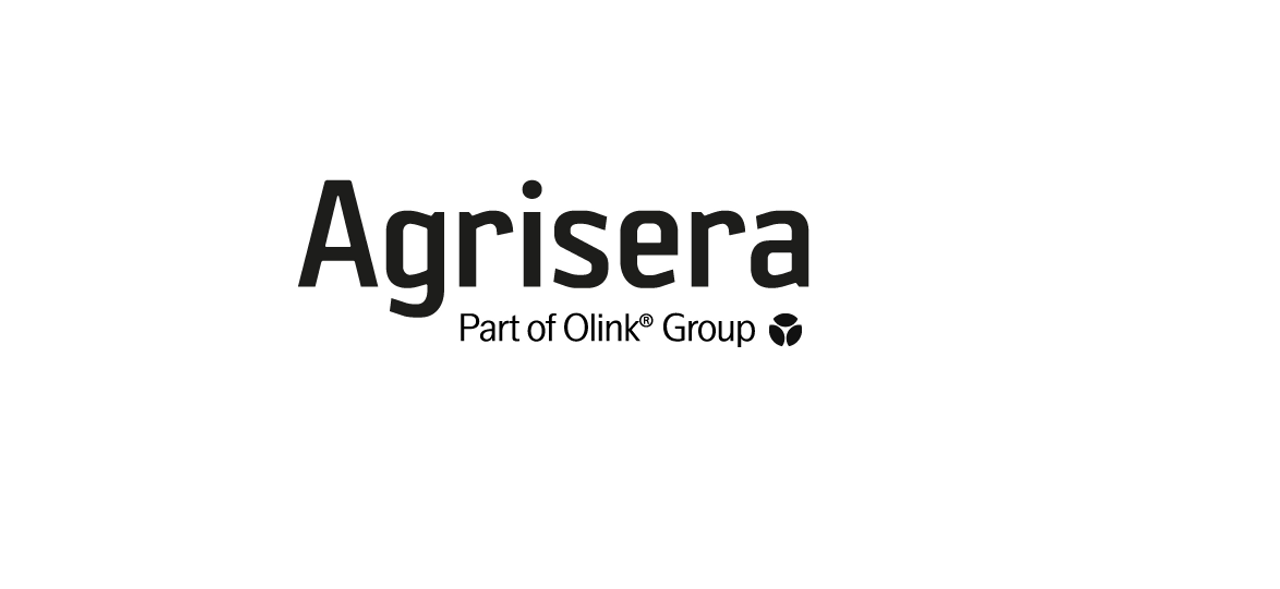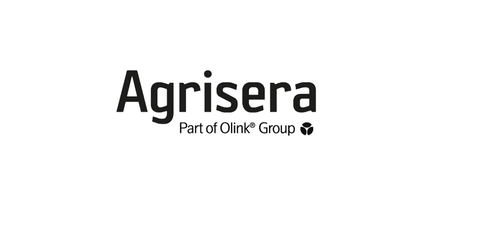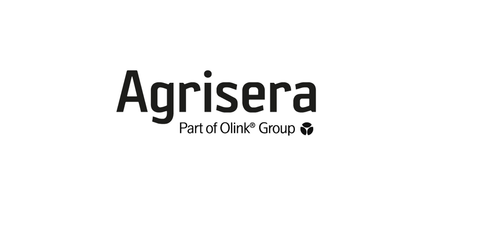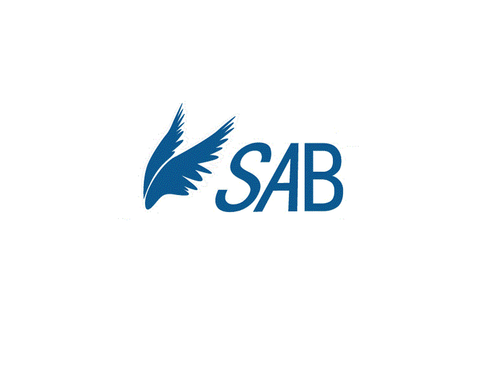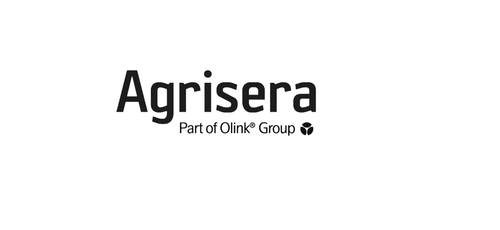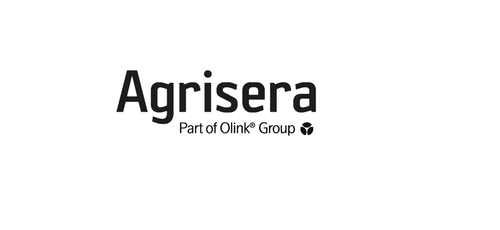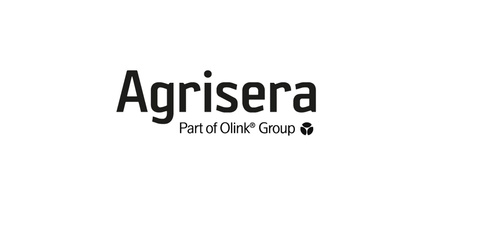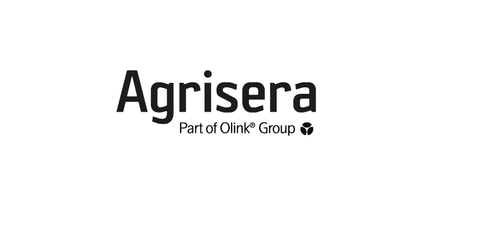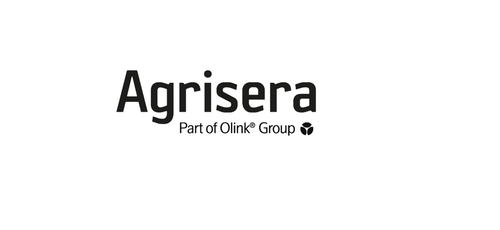Product Description
Goat anti-Mouse IgG1 (subclass specific), HRP conjugated | AS16 3715 | Agrisera
Immunogen: Pools of purified homogenous IgG1 isolated from pooled mouse serum, Freund's complete adjuvant is used in the first step of the immunization procedure,
Host: Goat
Conjugation: HRP
Clonality: Polyclonal
Isotype: N/A
Purity: Purified goat IgG.
Format: Lyophilized
Tested Application: Dot blot (Dot), ELISA (ELISA), Immunocytochemistry (ICC), Immunohistochemistry (paraffin) (IHC), Western blot (WB)
Related Products: other HRP-conjugated anti-Mouse secondary antibodies
Recommended Dilutions: 1 : 1000-1 : 10 000 (ELISA), 1 : 100-1 : 500 (IHC)
Molecular weight: N/A
Confirmed Reactivity: Mouse
Predicted Reactivity: N/A
Not reactive in: N/A
Additional Information: This immunoconjugate is not species-specific since inter-species cross-reactivity is a normal feature of antisera to immunoglobulins, However this conjugate has been passed over appropriate immuno-adsorbents to remove antibodies cross-reacting with Human immunoglobulins, This renders it specific for use in test systems containing material of Human origin (e, g, Human tissue/Mouse monoclonal antibody to a Human tissue constituent/anti Mouse Ig isotype-specific immunoconjugate
Background: The reactivity of the antiserum is directed to the subclass IgG1. It does not react with other subclasses of IgG, IgG/Fab fragments, IgM and IgA or any non-Ig protein in mouse serum, as tested by immunoelectrophoresis and double radial immunodiffusion In enzyme-immunocytochemical and immunohistochemical staining for the detection of IgG1 at the cellular and subcellular level by staining of appropriately treated cell and tissue substrates; to demonstrate circulating IgG1 antibodies in serodiagnostic microbiology and autoimmune diseases; to identify a specific antigen using a reference antibody of mouse origin known to be of the IgG1 isotype in the middle layer of the indirect test procedure; in non-isotopic assay methodology (e.g. ELISA) to measure IgG1 in mouse serum or other body fluids. This immunoconjugate is not pre-diluted. The optimum working dilution of each conjugate should be established by titration before being used. Excess labelled antibody must be avoided because it may cause high unspecific background staining and interfere with the specific signal. Working dilutions for histochemical and cytochemical use are usually between 1:100 and 1:500; in ELISA and comparable non-precipitating antibody-binding assays between 1:1.000 and 1:10, 000 depending on the method used.
Reconstitution: For reconstitution add 1 ml of sterile water, Let it stand for 30 minutes at room temperature to dissolve, Prepare fresh working dilutions daily
Storage: The lyophilized conjugate is shipped at ambient temperature and may be stored at 4°C; prolonged storage at or below -20°C. It is reconstituted by adding 1 ml sterile distilled water, spun down to remove insoluble particles, divided into small aliquots, frozen and stored at or below -20°C. Prior to use, an aliquot is thawed slowly at ambient temperature, spun down again and used to prepare working dilutions by adding sterile phosphate buffered saline (PBS, pH 7, 2) . Repeated thawing and freezing should be avoided. Working dilutions should be stored at 4°C, not refrozen, and preferably used the same day. If a slight precipitation occurs upon storage, this should be removed by centrifugation. It will not affect the performance of the immunoconjugate. Lyophilized at +4° C--at least 10 years. Reconstituted at or below -20° C--3-5 years. Reconstituted at +4° C--7 days.
TAIR Nnumbre: N/A
Category: HRP (horse radish peroxidase)
Research Area: Immunoassays
 Euro
Euro
 USD
USD
 British Pound
British Pound
 NULL
NULL

